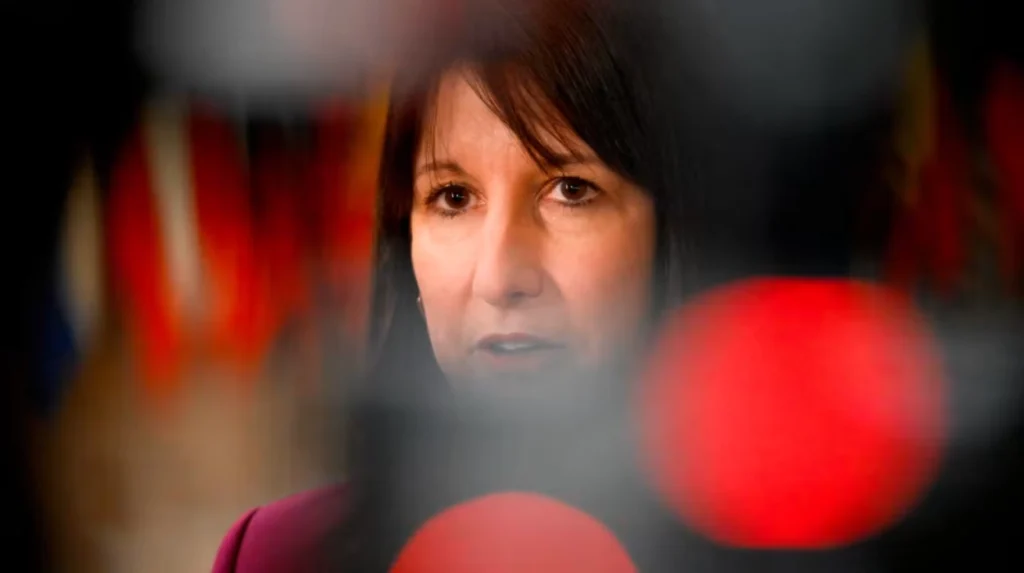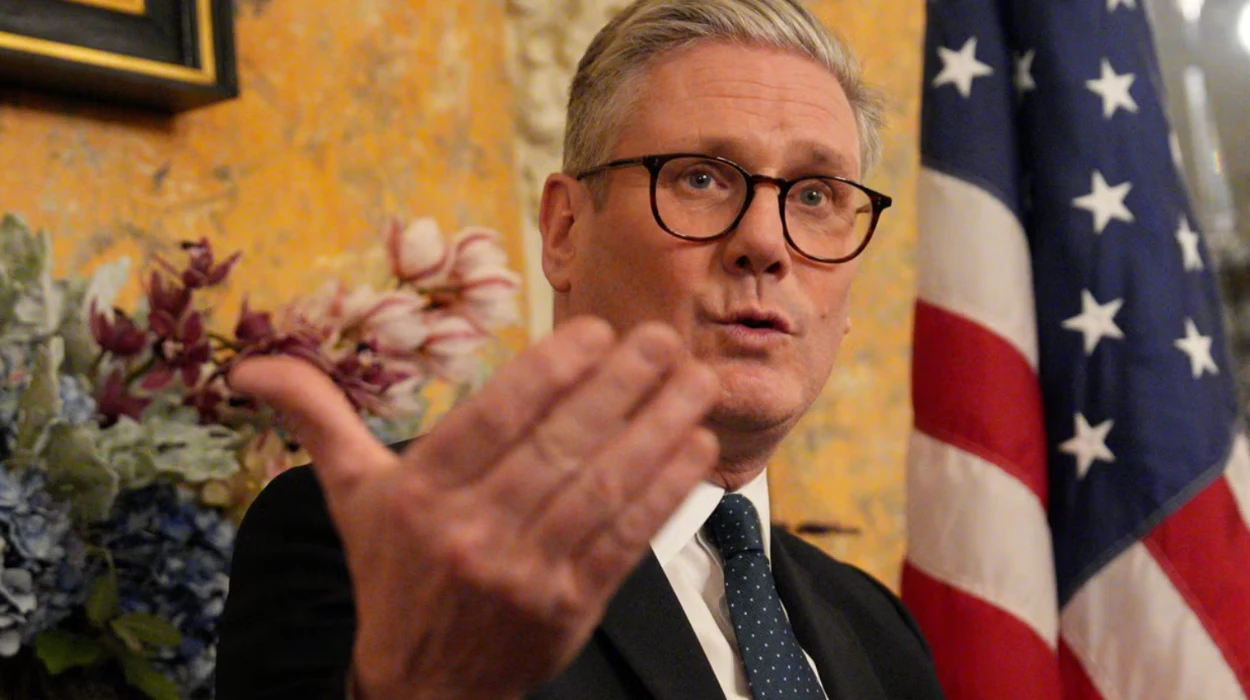Washington (Parliament Politics Magazine) – Keir Starmer signals possible tax hikes and spending cuts in the upcoming Budget but insists major decisions were already made in the previous one.
Mr Starmer has not dismissed the possibility of additional tax increases or budget cuts ahead of Chancellor Rachel Reeves’ spring Budget on 26 March.
What did Keir Starmer say about tax hikes and spending cuts?
During his visit to Washington, DC, for a discussion with President Donald Trump, the Labour leader reassured the public, stating that the most severe fiscal decisions had been made in the October Budget.
Amid concerns from leading economic think tanks, Keir Starmer faced warnings that sluggish growth leaves limited fiscal room for his proposed spending.
He refused to dismiss the possibility, stating,
“Well, we are at the early stages of that, and I am not going to get ahead of myself until we have made decisions. But as I have said before, in terms of the big decisions on tax… the Budget was the place that we took those decisions – but as ever, going into a statement I am not going to say in advance what we might do and what we might not do.”
The October Budget introduced £40 billion in tax increases and reductions to the winter fuel allowance and various other schemes. But Keir Starmer assured that such steps would not be repeated.
He stated,
“Let me not let hares running, the big decisions were in the Budget of last year and that’s the way we are approaching this spring statement.”
Earlier this week, Keir Starmer said Britain is entering a “period of profound change” due to global instability and ongoing conflicts, like the war in Ukraine.
He aims to raise defence spending to 2.5% of GDP by April 2027 from the current 2.3%
Will defence spending hike mean more tax rises or aid cuts?
Keir Starmer’s remarks come after he announced an increase in defence spending to 1.5% of GDP, funded by reductions in overseas aid.
As the spring statement is only four weeks away, alongside the Office of Budget Responsibility’s assessment of public finances, the Labour leader was asked if he was open to further tax increases.
How did the Institute for Fiscal Studies respond to defence spending increases?
The IFS has criticised the government’s defence spending numbers. It argued that increasing the defence budget to 2.5% of GDP will cost the Treasury £6bn.
They slammed the prime minister for misleading the public by presenting it as a £13bn increase each year.

Economists at the IFS warned that Chancellor Reeves may need to alter tax and spending plans to achieve the PM’s 3% defence spending goal.
IFS associate director Ben Zaranko stated,
“Getting towards 3 per cent of GDP will eventually mean more tough choices and sacrifices elsewhere – whether higher taxes or cuts to other bits of government.”
How experts respond to the UK’s defence spending decision?
The University of Edinburgh senior lecturer in politics and international relations, Benjamin Martill, said the move to increase the defence budget is “completely predictable.”
He stated,
“The UK has been under pressure for years along with other European allies to increase the proportion of GDP it spends on defence and the proportion within that on R&D [research and development] and genuine investment, reflecting concerns that America is still largely bankrolling European defence.”
Ian Mitchell, co-director of Europe and senior policy fellow at the Centre for Global Development, described the decision as “short-sighted.”
He said,
“I don’t think there’s any doubt that there’s a need to increase defence spending, but I think that cutting that from the aid budget is self-defeating. … [As] Russia invades Ukraine, the UK’s main response is to cut its international aid budget. I think that’s a terrible look for the UK reputationally and short-sighted.”
Britain’s annual defence spending
The Ministry of Defence figures show that the UK allocated £53.9 billion ($68.3bn) to defence in the 2023-24 fiscal year, ending on March 31.
The Prime Minister confirmed that Britain will raise the defence budget by £13.4 billion ($17bn) annually, with reductions to international assistance from 0.5% to 0.3% helping to finance the boost until 2027.


